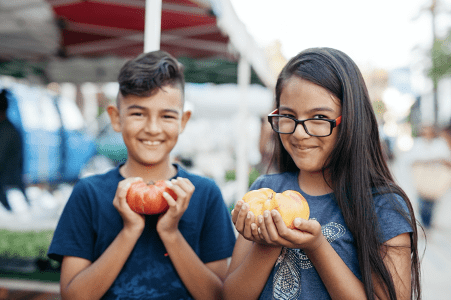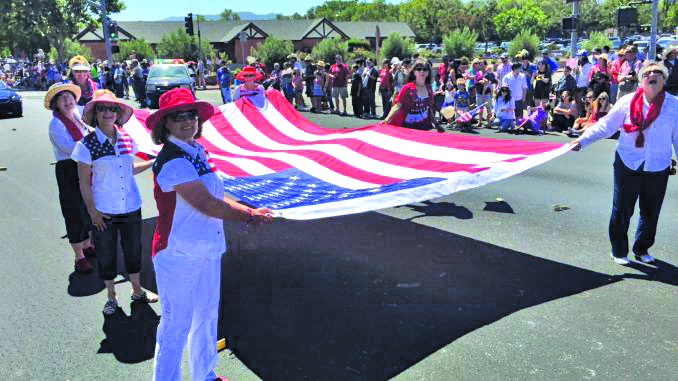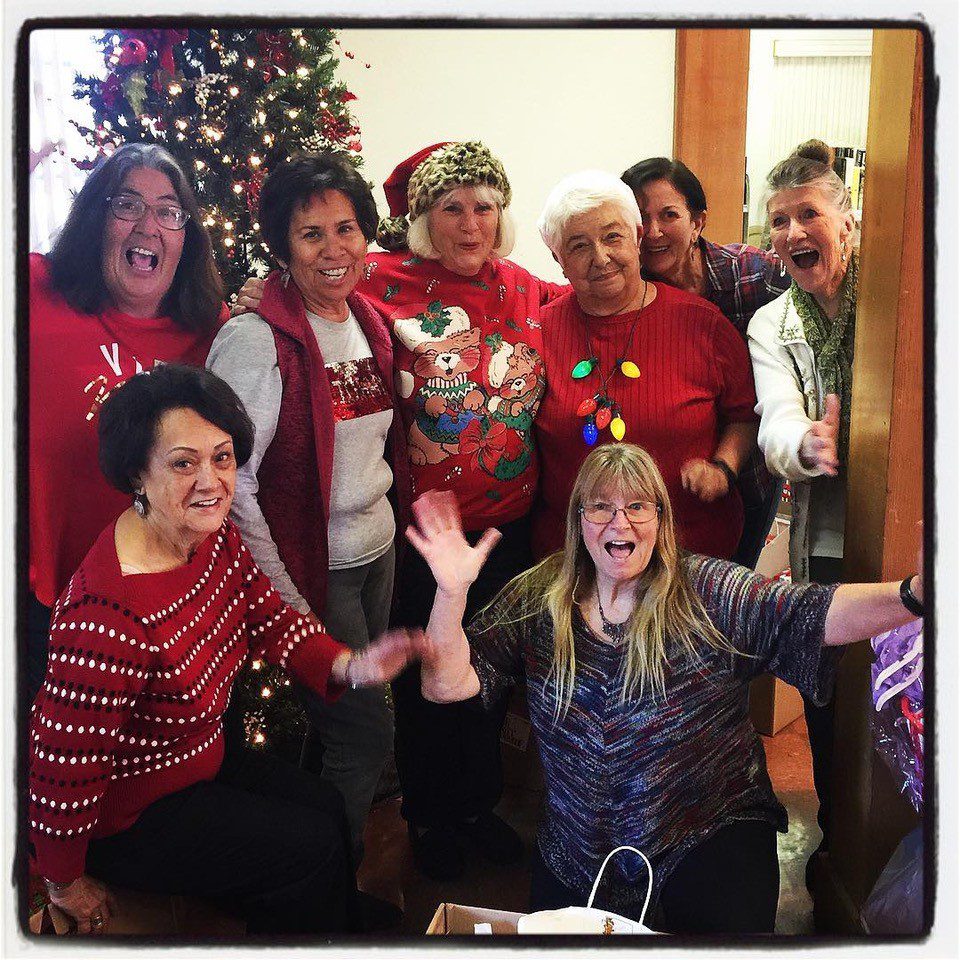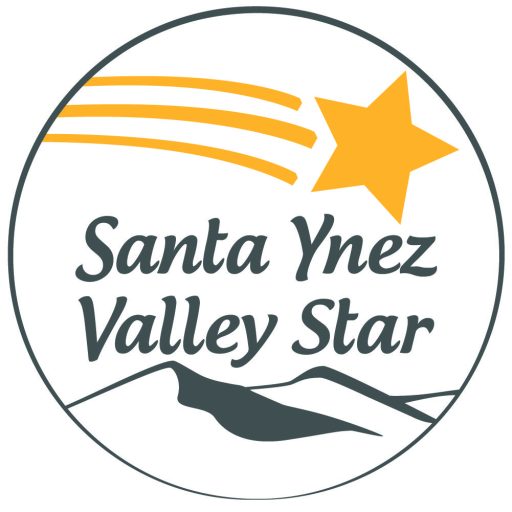Staff Report
Sansum Diabetes Research Institute (SDRI) commemorates National Hispanic Heritage Month, recognizing the contributions of Hispanic Americans to the history and culture of the United States, as well as their invaluable assistance in our research at SDRI.
“This Hispanic Heritage Month, Sansum Diabetes Research Institute is at the forefront of research and innovation to address the horrendous and disproportionate burden of the COVID-19-diabetes syndemic on Hispanic/Latino families,” said Dr. David Kerr, SDRI’s director of research and innovation.
Diabetes and other underlying medical conditions, as well as systemic inequities, such as access to care, put Hispanics at increased risk for severe illness from both diabetes and COVID-19.
SDRI seeks to empower Hispanic community members to engage in research, education, and care to eliminate health disparities and improve the health of Hispanics with or at risk of diabetes.
With the vision of reducing the burden of type 2 diabetes and related complications among Latino families, SDRI created Mil Familias (https://milfamilias.sansum.org/). The goal of Mil Familias is to understand and address the five determinants of human health (genetics, biology, psychology, behavior, and society/environment) on type 2 diabetes in this population. Specially trained Hispanic/Latino Community scientists (“especialistas” in Spanish) will engage up to 1,000 Latino families in which at least one person has a diabetes diagnosis.
At the outset of the COVID-19 pandemic, SDRI launched the COVID-19 Diabetes Emergency Response, as we knew early on that people with diabetes are at increased risk of poor outcomes from COVID-19. SDRI immediately conducted a phone contact campaign to reach out to participants to check on their wellbeing, share knowledge, encourage healthy practices, and combat the loneliness that comes with social isolation. Participants responded at times with tears of loneliness and worry, but always with gratitude. In the first month of the pandemic alone (March 16 to April 20), there were 622 direct contacts (calls or texts) between especialistas and Mil Familias participants. SDRI also launched the Latino diabetes and COVID-19 bilingual web resource, at https://latinodiabetes.sansum.org/covid-19-latino-diabetes/, to provide relevant, up-to-date information with daily updates in Spanish and English focusing on diabetes and COVID-19. SDRI offers hemoglobin A1c tests (a measure of long-term blood glucose control) to Hispanics/Latinos with and at risk of diabetes and therefore COVID-19. Further, between March 16 and April 17 alone, SDRI provided 1,470 servings of fresh, locally grown vegetables to participants with or at risk of type 2 diabetes, many of whom were food-insecure even before COVID further strained nutritional resources.
SDRI is accumulating a large dataset on type 2 diabetes in Hispanics from Mil Familias and other SDRI programs. To effect sustained change, we need to share our research findings with the participants and communities we seek to impact. To that end, we also created www.latinodiabetes.sansum.org, a one-stop, mobile-friendly resource to enable Hispanics impacted by diabetes to access the newest, most relevant research findings. Each week, we identify key hot-off-the-press research articles, summarize them in lay language, add images, attach links to more information, and translate and post them.
To learn more, please connect with our bilingual staff, emailing milfamilias@sansum.org, calling 805-335-0124 or going to the website www.latinodiabetes.sansum.org








